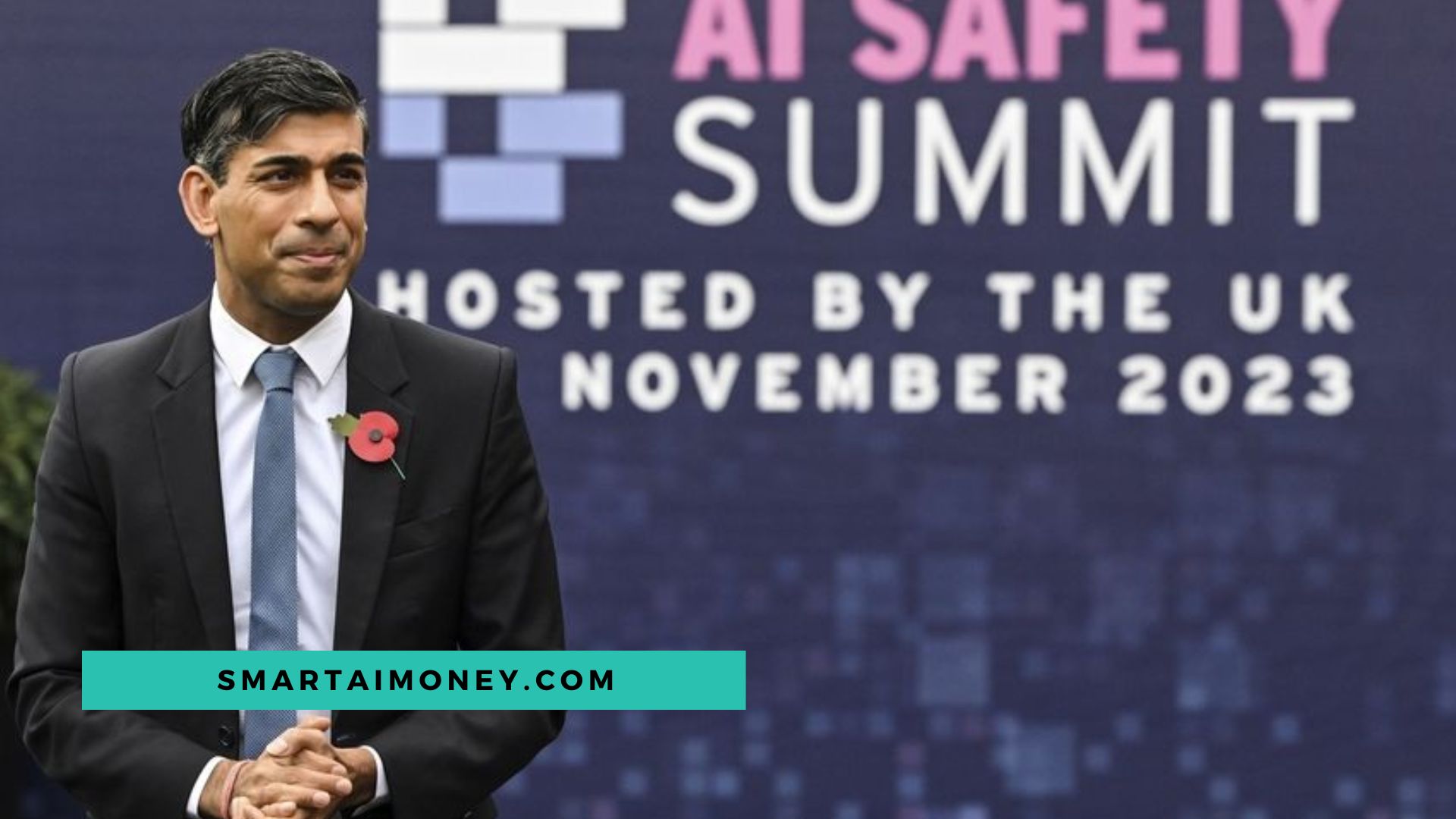Achieving Responsible AI Development: Key Takeaways from the Pioneering AI Safety Summit
The historic AI Safety Summit held at Bletchley Park in November 2023 marked an important milestone in ensuring the responsible development of artificial intelligence. Leaders and experts from over 30 countries gathered for two days of intense discussions, debates and presentations focused on maximizing the benefits of AI while mitigating risks.
The significance of hosting the summit at Bletchley Park, home of British codebreakers during World War II and birthplace of modern computing, was not lost on participants. It served as a reminder of how innovation can serve humanity but also be misused if ethics and responsibility are not made priorities from the outset.
Multilateral Commitment to AI Safety Principles
A major outcome of the summit was the signing of the Bletchley Declaration by government representatives of 28 countries including the US, China, UK and EU states. This declaration outlines key principles to guide trustworthy AI development and prevent arms races. Signatories committed to fairness, transparency, privacy and human control of AI systems. Many speakers emphasized the importance of multilateral cooperation, arguing no one nation can address AI’s global impacts alone.
Insights from AI Experts and Pioneers
The summit featured talks by many luminaries in AI research and industry. Demis Hassabis of DeepMind discussed technical approaches to AI safety like scaled introspection and socialization. Fei-Fei Li of Stanford provided insights into risks of bias in training data and AI models. Mustafa Suleyman of Google Brain advocated for thoughtful regulation and corporate responsibility.
Yoshua Bengio of MILA proposed open collaboration between companies and academia to ensure transparency. Gary Marcus of Robust.AI emphasized the need for hybrid AI systems with transparent symbolic reasoning alongside neural networks. AI ethics experts like Virginia Dignum of Delft University of Technology highlighted principles to keep human values central in AI design.
Public and Private Sector Coordination
An overarching theme was the need for coordination between policymakers, researchers and tech companies to implement AI safely. Governments have roles in funding research, regulating high-risk applications and supporting workforce transitions. But much AI innovation occurs in the private sector, so companies must make ethical engineering and risk mitigation priorities, even if profits suffer in the short term. Standards bodies like the IEEE and governance initiatives like the OECD AI Principles can enable consistency between the public and private sectors.
Focus Areas for Technical Research
Presentations highlighted key areas for AI safety research. Interpretability and explainability of neural networks and other AI systems featured prominently, as these are pre-requisites for transparency and human control. Formal verification methods are needed to prove systems behave as intended. New testing and validation approaches must assess safety and fairness across edge cases. Reinforcement learning models should be socialized to align with human values. And further study of AI risks like adversarial attacks, drift and distributional shift is warranted.
Ongoing Dialogue and Tangible Actions Needed
The Bletchley Summit succeeded in spotlighting AI safety issues and laying groundwork for international coordination. But discussions made clear much work remains. Continued dialogue, funding for safety research, governance frameworks, regulatory oversight and technical standards are needed to realize the declaration’s principles. Companies must move beyond talk to implement transparency, audits and red teams in product development cycles. Governments should assess legal reforms required to balance innovation with responsible AI. Our common future depends on achieving AI that is trustworthy by design. The stakes are enormous, but so is our potential if we act thoughtfully.

